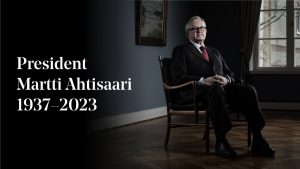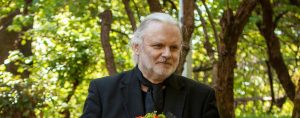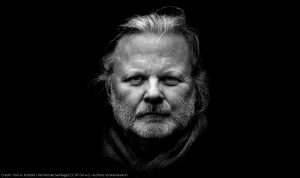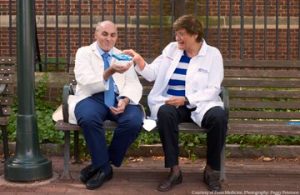This year’s Nobel Prize in Chemistry was awarded to Carolyn R. Bertozzi, K. Barry Sharpless and Morten Meldal on Wednesday. The awards are given to the people who “have made the most important chemical discovery or improvement”, as per the wish of Alfred Nobel, the founder of the prizes.
While almost half of the Nobel Prizes in Chemistry have been awarded to individuals, the remaining have been split between groups of two and three.
Also Read: Nobel Prize: 3 traditions of the award ceremony
Here are three lesser-known facts about the Chemistry Nobel prize:
Hitler forbade scientists from accepting awards
Two Nobel Prizes in Chemistry were declined, as per German dictator Hitler’s instructions. He forbade three German Nobel Prize laureates from receiving the Nobel Prize. Richard Kuhn in 1938 and Adolf Butenandt in 1939 declined their awards.
No awards were given for eight years
Nobel Prizes in Chemistry were not given to anyone for eight years — 1916, 1917, 1919, 1924, 1933, 1940, 1941 and 1942. According to the statutes of the Nobel Foundation, if no work fulfills the conditions given by Alfred Nobel, “the prize money shall be reserved until the following year.”
“If, even then, the prize cannot be awarded, the amount shall be added to the Foundation’s restricted funds”, statutes of the Nobel Foundation add.
Also Read: How Carolyn Bertozzi reacted to her 2022 Nobel Prize win in Chemistry
The dominance of the Curie family
The Curies are nicknamed ‘The Nobel Family’. The husband-and-wife partnership of Marie Curie and Pierre Curie was awarded the 1903 Nobel Prize in Physics. Marie Curie herself was awarded the Nobel Prize a second time, receiving the 1911 Nobel Prize in Chemistry.
Marie and Pierre Curie’s eldest daughter, Irene Joliot-Curie, was awarded the 1935 Nobel Prize in Chemistry, together with her husband, Frederic Joliot. The younger daughter, Eve Curie, worked for UNICEF and was married to Henry R. Labouisse. He accepted the Nobel Peace Prize on behalf of UNICEF in 1965.






